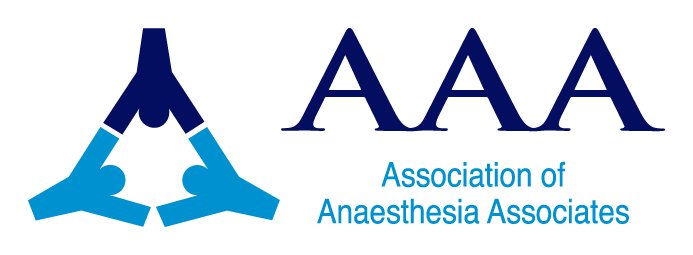The GMC have made progress in preparing for the regulation of medical associate professions. Read their recent article here.
Brave new roles: the next steps for regulation

The world is changing, and so is healthcare, as new roles bring additional support to multidisciplinary teams. Our Chief Executive, Charlie Massey, explains the need to bring physician associates and anaesthesia associates into regulation, and the impact we hope this will have on the future of patient care.
Our medical register is roughly six times the size it was a century ago, when the world was battling the Spanish flu pandemic.
The population has grown too, and its needs are changing. We’re living longer, multimorbidity is rising – which means more of us are living with multiple health conditions – and we’re finally recognising the importance of mental health.
We must keep evolving to deal with modern challenges, in ever more demanding circumstances. That’s why we were happy the Government has asked us to regulate two new professions – physician associates and anaesthesia associates. Like doctors, we think they have huge potential to develop and make a significant contribution to patient care, especially if legislative changes are made to extend their powers to prescribe and request important tests such as x-rays and CT scans.
Today, we’ve taken an important step by unveiling the transition arrangements for PAs and AAs to join our register. Like doctors, they’ll need to provide confirmation that they have an acceptable professional qualification on application and confirmation that there are no outstanding concerns about their fitness to practise.
We think most practising professionals will have no trouble meeting the requirements and they’ll have two years from the date the new legislation comes into operation to do this. Once the legislation is in place, all newly qualified professionals will need to join our register before they start working.
New roles, new challenges
We’re extremely grateful to PAs and AAs for the tireless dedication they’ve shown their teams throughout the pandemic. Their important contribution in high-pressure, complex, environments underscores the need for regulation.
In a recent interview, Kate Straughton, president of the Royal College of Physicians Faculty of PAs, told me about how her colleagues were coping.
‘There’s a lot of rapidly changing practice… I think that’s where the flexibility of the role comes into its own and that generalist approach has really allowed PAs to support their teams. Everyone’s really come together, sharing knowledge and showing support,’ she said.
‘We feel very strongly, in a role such as ours, with the various elements of what we do, statutory regulation is really essential.
‘I hope regulation will help more trusts and primary care networks to see the benefits of having PAs – it will hopefully open some more doors.’
You can listen to the whole conversation, where we explore the benefits of regulation of PAs, and future development of the role here.
We want to assure everyone that, despite lockdown disruptions and other pressing priorities, we’re making good progress on developing the regulatory framework for PAs and AAs with the support of our partners.
You can hear more about our plans for the regulation of AAs on the Royal College of Anaesthetists’ podcast, where I speak with Dr Claire Shannon about what our transition arrangements will mean for those AAs who are currently practising in the UK.
Dr Shannon explained the vital contribution AAs make providing anaesthesia and sedation services alongside consultants in theatre, as well as working with cardiac teams, perioperative assessment clinics, and supporting services such as endoscopy.
Regulation plays an important role in letting patients and employers know that healthcare professionals are safe to practise and can be held to account if serious concerns are raised about their conduct or performance. We will also deliver ethical guidance to support PAs and AAs in good decision-making and establish a quality assurance framework for their education – to ensure curricula cover important skills and knowledge.
We’ll also work with employers to make sure clinical environments are supportive and conducive to safe practice through the implementation of our wellbeing report. This UK-wide review revealed the stressors impacting doctors’ mental health and recommended a suite of reforms to improve conditions for all healthcare professionals. Changes inspired by the pandemic, including better staff inductions, rest rooms and access to refreshments, are things we’d like to see employers retain.
PAs and AAs may still be reasonably new to frontline service but they’re already proving to be an invaluable addition to hundreds of healthcare teams. And, like doctors, we think they have huge potential to make an even more significant contribution to the care of NHS patients.
We know that better supported teams, and more manageable workloads, lead to better patient care. We hope that the development of these new roles will help the service deal with ongoing pressures and be part of an NHS workforce that’s equipped to provide high quality care to patients against a backdrop of constant change.
